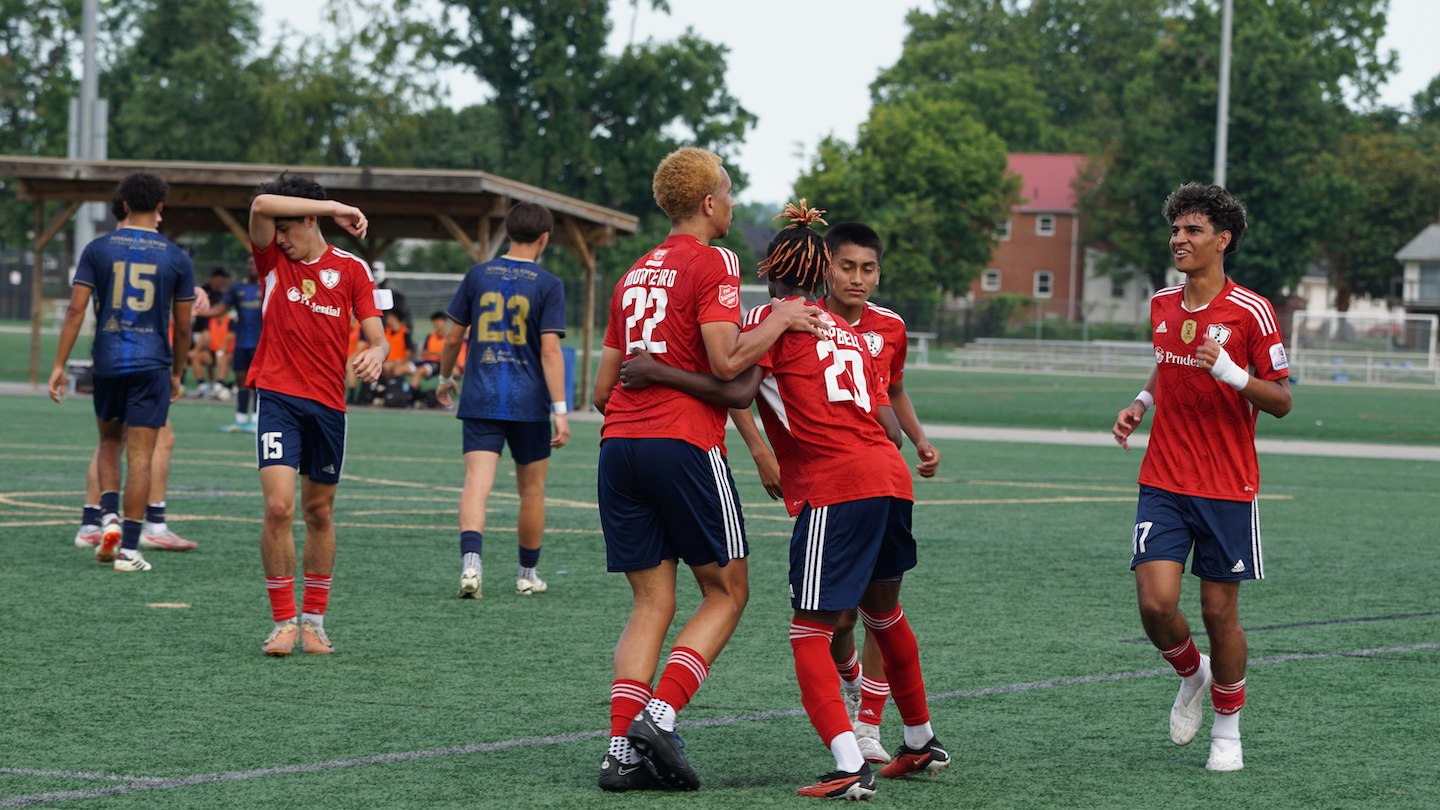With so many Leagues, Clubs, Training Organizations, Super this, Elite that, and of course, now Pre-Academy Programs, it struck me how difficult it is for parents to choose a place for their child to play and thrive. What seems apparent and obvious is that you should not go by the hype and the headlines that clubs, teams, and training organizations produce. Often, these seem to be an exercise in creative writing and are divorced from the reality of the experience.
I would also try to avoid going by claims that this league is superior to that league discussion as leagues frequently differ greatly by age and level. Division 1 in one place may be Division 3 in another. Be weary of social media posts where all sorts of claims can be made and people promote winning as being the key thing to follow and the only thing that matters.
Prior to working through the suggestions below, take a deep dive into what you want for your son or daughter and their experience in youth sport. Be brutally honest! If your why is centered around sport for life, fun and enjoyment, long-term athletic development plus developing social and life skills, then this guide may help.
If your why is primarily winning, collecting trophies and ultimately chasing a scholarship, the best advice I can offer is to hire a guidance counselor as quickly as possible.
To make a good decision, you need to collect some key information and then find time to observe if the information provided is a living document or just empty words placed on a piece of paper that have no impact on the inner workings of a team or club
Documents to collect and digest:
- Club or team-teaching philosophy and long-term aims.
- List of the core values that they believe impact game day and training sessions.
- List of the learning objectives by age group.
- Qualifications and experience of coaches in age group.
- Numbers playing in the club at different ages and rates of attrition in each.
- List of the club-hosted events that suggest there is a genuine attempt to involve a family.
- Attrition rate of coaches within the organization.
- Example of teaching curriculum from age group to age group.
- Game formats adhered to (should be 4v4, 7v7, 9v9, 11v11)
- Annual soccer diet expected by age. How many soccer practices and game are there each calendar year?
- Tryout process, method and timing.
- Club hierarchy and line of communications
- Parent interaction and initiatives. Are you seen as a part of the process or just the ATM?
People to Meet and Things to Observe
To ensure that the information provided above is based in fact and not fiction, I urge you to try and observe and meet with the following:
- Age group head coaches as they coach a game and training sessions.
- Parents within the club on younger and older teams
- A board meeting. See how long before “player development” gets discussed
- Meet with the age group coordinator
- If the club uses a training company, ask to see their curriculum and watch their staff training
- Ask to be able to attend one of the monthly coaches’ meetings.
I truly appreciate that the above takes time and effort but given the importance of the decision, the ever-increasing numbers of players leaving the game earlier and earlier, the reduction of physical education programs in schools and the increasing levels of obesity in young children, is there a better way to spend your time?








